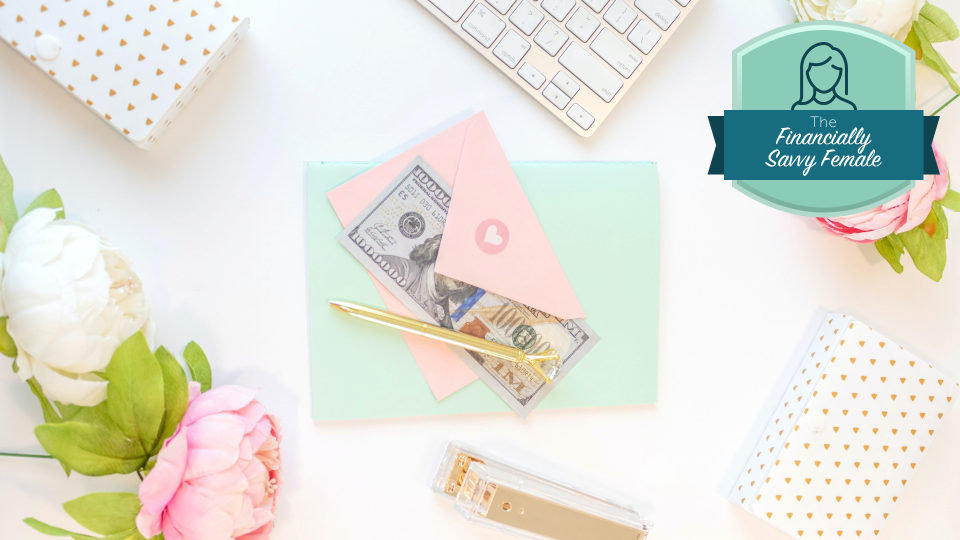You Shouldn’t Feel Bad About Spending Money — Here’s How To Avoid the Guilt

You’ve worked hard for your money — so you should enjoy it. In today’s “Financially Savvy Female” column, we’re chatting with Dani Pascarella, CFP, co-founder of the financial wellness platform OneEleven, about how you can avoid feeling guilty when spending money.
Keep Up With the Latest: Sign Up for The Financially Savvy Female Newsletter
Stay in the Know: Read More From the Financially Savvy Female
Do a Spending Evaluation
“Start by understanding how previous purchases make you feel and why,” Pascarella said. “This is key to building your financial foundation.”
For her clients who struggle with budgeting, Pascarella recommends that they review everything they spend money on over the course of a week and rate how happy each purchase makes them.
“The goal here is to identify the types of purchases that cause guilt, unhappiness or any other negative feelings, and then understand why,” she said. “Once you have this knowledge, it’s much easier to eliminate these types of purchases and focus on spending your dollars in an intentional way that makes you happy.”
Tips: 3 Money Moves Every Woman Must Make, According to Rachel Cruze
Plan Future Purchases and Avoid Random Spending
“When you plan to buy something and then do, it feels different than when you make an impulse purchase,” Pascarella said.
Impulse purchases often cause guilt because you may be buying something that doesn’t align with your values.
“The reason why impulse spending is so dangerous is that we buy before we ask ourselves, ‘How does this relate to the person I want to be?'” Pascarella said. “So what should you do? Know your triggers. People tend to impulse spend in certain situations and on certain things. When we take a deep dive into a client’s impulse spending, we typically notice strong behavioral patterns (example — a stressful day at work [leads to] online shopping).”
See: 4 Money Lies Women Tell Themselves (& Why They’re Not True)
Pascarella recommends replacing your responses to known triggers with healthier habits that are better for you long term.
“After a stressful day at work, decompress with a workout or light a candle and put on some music,” she said. “Find other enjoyable ways to address those triggers that don’t result in guilt and also benefit your financial situation.”
More Help: 3 Alarming Ways Women Are Lagging Behind Men When It Comes to Their Finances
Focus On Value-Based Spending
“Every dollar you spend should bring you closer to the person you want to be,” Pascarella said. “Value-based spending is when you’re spending on the things that are most important to you. To put that in practice, the first step is to understand what your values are. Once you know what’s important to you, think of the dollars you earn as votes towards that specific value. Use the dollars you earn to support your values.”
As Pascarella notes, spending $100 on something will have different effects on different people.
“Two people can spend $100 on the exact same thing, but they’ll each feel differently about the purchase depending on their values,” she said.
Be Aware: The Biggest Money Mistakes Women Make in Relationships
Set Attainable Goals
“Redefine your expectations and set goals that feel attainable and inspire you so that your goals don’t discourage you,” Pascarella said.
To ensure you meet these goals, always pay yourself first.
“Your goals are the things that you believe are more important than anything else, and therefore they should come before any discretionary spending,” Pascarella said.
However, once you’ve met these goals or hit your monthly target toward meeting these goals, feel free to spend any discretionary funds — guilt-free.
Check Out: Who Pays for What? How You and Your Partner Can Fairly Split Expenses
Build Healthy Spending Habits
Spending in a healthy way involves being in control of every dollar and where it goes.
“Be the CEO of your own life and become empowered by controlling your money instead of letting it control you,” Pascarella said.
If you want to ensure you don’t overspend on discretionary purchases, come up with a “choice spending number” and stick to it.
“At OneEleven, we give each client a ‘choice spending number’ — the amount of money they can safely spend on discretionary items on a monthly, weekly and daily basis,” Pascarella said. “When you budget for your goals and know your choice spending number, it makes it much easier to avoid overspending. It also gives you a lot of freedom.”
GOBankingRates wants to empower women to take control of their finances. According to the latest stats, women hold $72 billion in private wealth — but fewer women than men consider themselves to be in “good” or “excellent” financial shape. Women are less likely to be investing and are more likely to have debt, and women are still being paid less than men overall. Our “Financially Savvy Female” column will explore the reasons behind these inequities and provide solutions to change them. We believe financial equality begins with financial literacy, so we’re providing tools and tips for women, by women to take control of their money and help them live a richer life.
More From GOBankingRates
Fourth Stimulus Checks Are Coming From These States — Is Yours on the List?
Here’s How Much You Need To Earn To Be ‘Rich’ in 23 Major Countries Around the World
Last updated: Oct. 19, 2021
This article originally appeared on GOBankingRates.com: You Shouldn’t Feel Bad About Spending Money — Here’s How To Avoid the Guilt
